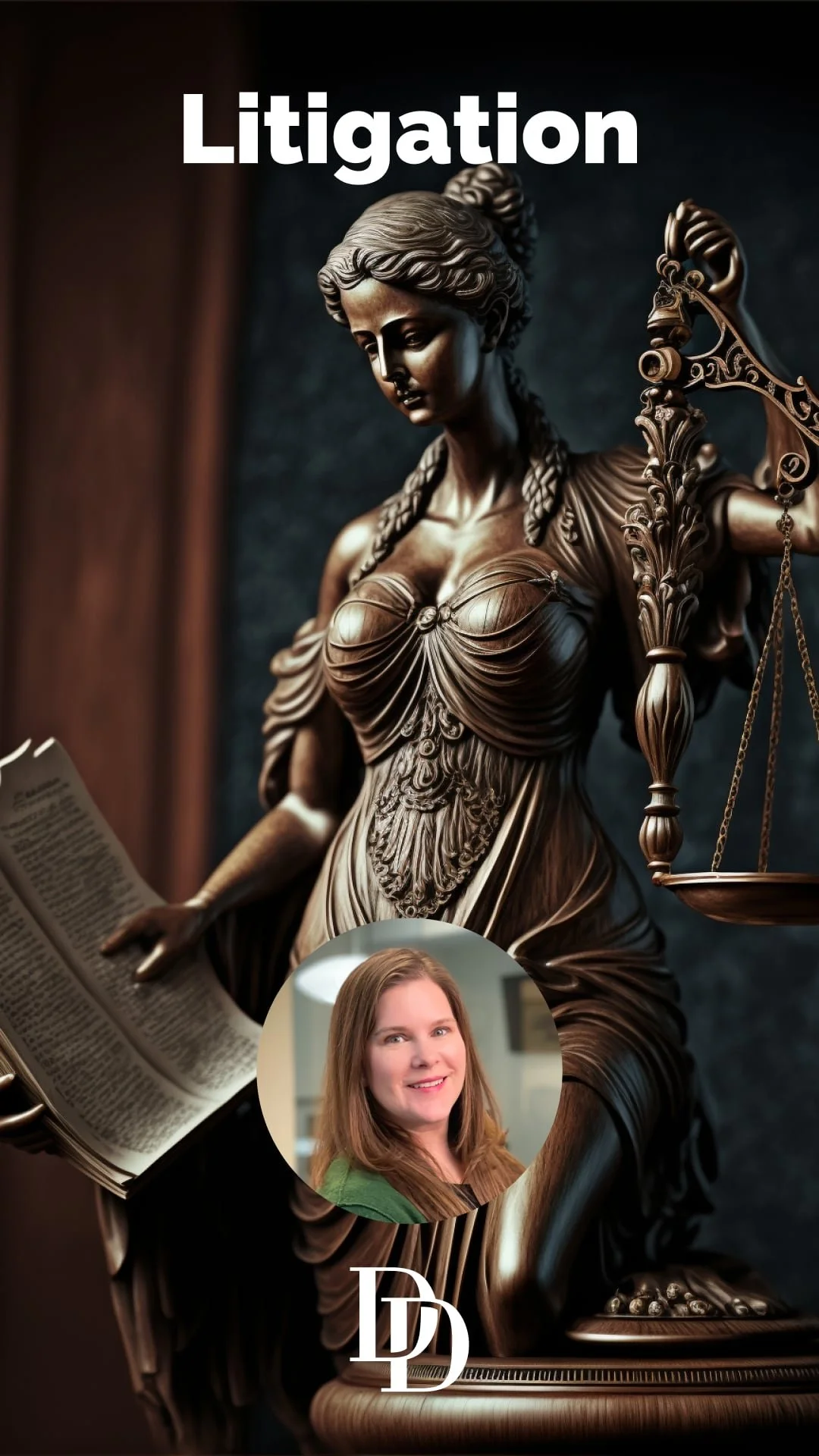Legal Services
With 75 years of experience, our law firm is one of the most trusted choices for real estate, estate planning, litigation, foreclosure, eviction, and commercial legal services in the Fox Valley.
We have the knowledge and experience to provide the best representation for your specific legal needs. We are dedicated to your success, always available and committed to providing prompt and attentive service. We also offer competitive pricing and flexible payment options.
Trust us with your legal matters, with our track record of success and reputation for excellence.

Full Real Estate Legal Services
We work with a variety of clients, including first-time home buyers and sellers who have no experience in the market.
We are good at the education process and we start the conversation with you by sending out a letter summarizing the contract and highlighting important dates, pitfalls and responsibilities, which is especially important when you don’t want to read the typical 13-page long contract, called the 7.0 purchase agreement.
We have a good system in place to make sure that deadlines and contingencies are not missed, and we have been in the business since 1948 and we’re a 3-generation firm.
We also do real estate litigation, eviction, foreclosure and probate. We are not limited to transactional real estate, but we also do commercial and we are capable of doing everything that touches real estate which is unique as it makes more sense to have a broader view of the law when it comes to real estate.
-
We have a variety of clients, first time clients, like first time home buyers, first time home sellers who have absolutely no experience in the market whatsoever.
I feel that we're very good at the education process, which is one of our first steps , along with our engagement letter, we have a letter that goes out. Has a succinct summary of what's in the contract, including dates, to be aware of what they mean, pitfalls to look out for, and that goes out right away.
So that starts the conversation. This is for selling and for buying, because both of them have their own separate timeline that need to be adhered to. And sometimes they overlap and sometimes they just have completely different responsibilities. , when people get this 13 page long contract, they're not reading it.
It's called the 7.0. It's the purchase agreement. But people tend to not really read it, not really look what's through it. And so that's our job is to explain to them, this is what you need to be careful of. This is what you need to look for.
I think everybody needs that person who's able to not only comprehend the contract, but explain it in layman's terms as to how this is going to affect you and , I think we, we do a good job at that.
We have a good feel for our customers, our clients, and wanna make sure that they know what's coming. Not just, know that we're gonna protect them, but they also are aware of what's the next steps.
It's very important that you don't miss deadlines, that you don't miss contingencies and things like that. We have a great system in place where we have, all the steps are set out for us so that we make sure that we follow along with the contract, the T but we also have the experience.
We've been doing this since it was the 1.0 or whatever. We started in 1948 and that was the year that my grandfather began his practice here.
I don't think there's gonna be too many other law firms especially, but even just businesses in Batavia that have the longevity. Three generations of people working there.
There's a lot of stuff that goes on in a real estate transaction that isn't gonna be immediately noticeable to the client, and that's good
We don't want them to be worried about all the things that they pay us to worry about. So if we can keep them insulated, but informed, they have to know what's going on. But if we can keep them insulated from a lot of the just the back and forth and whatnot, then people will usually have a better feeling about the transaction, or they'll feel like it goes more smooth.
And they like, the result better.
One of the things that I tell new clients and new people that I talk to is that we are not completely limited to transaction.
My moniker is everything that touches real estate. So it is transactional real estate, both residential and commercial. But we also do real estate litigation. We do eviction fore closure and probate.
For example, if you have a commercial client that needs to get tenants out before they can sell, they don't wanna hire two different law firms to be able to complete one transaction. We're capable of doing everything that touches the real estate. That's unique in certain aspects. There's some people who only do transactional side, but we feel it makes more sense to have a broader view of the law when it comes to real estate.

Estate Planning
Real estate and estate planning often go hand in hand, as people who are moving into new areas or experiencing big changes in their lives often need to update their estate plans.
My grandfather provided wills to service members for free when he started the firm 75 years ago. We often see clients who are in transition, such as those who have just had a child or whose children have grown older. We also see clients who are older and looking to make sure their estate plan reflects their medical needs.
We encourage interested individuals to make an appointment, and we’ll send out an intake form to help you think about various aspects of your estate planning.
-
Oftentimes real estate and estate planning go hand in hand because when people are moving into new areas, having big changes in their life, frequently they're maybe moving because they have expanded their family or are retiring, they also need to update their estate plan.
My grandfather, who started the firm, started providing wills to service members who are going off to the service. And he would do it. It was a free service for him because he was so committed to making sure that service men had a will.
And so we've been doing this for 75 years, making sure that people feel comfortable that they have their estate planned.
50% of the people who come in here just say, we've been thinking about this forever. We've been trying to get this done forever, and we're so glad we're here, and they feel so much better when they leave.
They just feel really relieved when they leave that this is an aspect of their life that they hopefully don't have to think about. As much, as they did before. So we'll see people here typically in transition, like they just had a child or they wanna make sure there's a guardian for the child, should both of 'em pass away or now their children are outta the house and they no longer need guardianship and they wanna update their estate plan to reflect that.
We get a lot of people who are here with their parents. We'll talk with the parents who are older looking to make sure their estate plan is reflects their medical needs as they're going through different changes as they get older too.
They'll call for an appointment. Usually they'll have not a lot of idea about what they want. They just know they want it taken care of.
Make an appointment. We send out our our package, which is just an intake form, but it's pretty extensive. It asks you to really think about certain things.
That's another thing we hear a lot is, oh, I didn't realize that. Oh, I didn't understand that could affect it in X, Y, and Z way. So the intake is supposed to get everybody thinking about who would I wanna name as my medical agent?
What's gonna happen to my pet when I pass away? What happens if we have children from a previous marriage? All those things are taken into account. We have to look at it from every angle to make sure that we get what they want actually put down on paper.

Litigation
We provide valuable explanations and clarify the meaning of legal documents, such as contracts and wills. It is important to ensure that these documents meet the legal requirements and are properly executed in order to be recognized by the court.
We offer both transactional services, such as assisting with business purchases, and litigation services, where we represent our clients in court to resolve disputes.
Our attorneys have experience in commercial financial litigation and we have structured our practice to handle both transactional and litigation matters in a harmonious manner.
-
When you look at a contract or, you look at even a will and , it looks just like, gibberish. That's one of the most valuable things that I think an in-person attorney brings.
What does this mean now in the future? How does it affect…, and getting that explanation, I think is invaluable. And, that's one of those things that you're not necessarily gonna get if you go and Google make me a Will do, you might do just fine.
But there are requirements that are part of the law that a will not be recognized unless it has certain hallmarks to it. And if those aren't. Evident on the document that you fill out thinking it's a will, then you just wasted whatever money and time and peace of mind not knowing if that's actually going to protect you.
Litigation. It's court based. So it is two or more parties that are asking the court to satisfy an argument between them. , and we represent plaintiffs in some situations, defendants in other situations. But my background's in litigation.
I started doing that. First out of law school. So I did commercial financial litigation in Chicago for about 13 years before coming out here.
We structure our firm so that we have transactional in litigation flowing in harmony. Sometimes during different parts of the year, the transaction side is gonna be a lot more busy. Frequently. That's gonna be during high selling times in the spring. And then litigation always seems to be the opposite of that. When things get slow, that's when people start moving towards litigating.

Foreclosure
A foreclosure is a legal process in which a bank attempts to recover the money it lent to a borrower by taking ownership of their collateral, usually a house.
A foreclosure involves two parties: the bank and the borrower. An attorney who has worked on both sides of the process, representing both banks and borrowers, has a unique perspective and can help borrowers understand their options and goals.
Foreclosure can be a long process, and there are often statutory requirements that the bank must follow. We can help you understand the options available, such as paying off your arrearages or restructuring your mortgage, and we can also help you navigate the process and understand the timeline involved.
Some websites and services may offer false or misleading information to borrowers looking for ways to save their house, and it is important to be cautious of these.
-
Foreclosure is the bank trying to get its money back through the court system. So it lends to homeowners, to borrowers.
They collateralize their house and if they don't make their payments, the bank can get its money back by going after the house. But in order to do that, you have to go through the court system .
So there's two sides and a foreclosure. There's the bank side and then there is the borrower side.
For 13 years I worked for the bank side. I was doing litigation in Chicago for a couple different firms, so I worked on that side of it. My clients were the banks and the servicers, and so I was the initiator of the foreclosure in order get back the money. But now that I'm in private practice, I represent the borrowers.
I have a bit of a unique perspective in knowing not only the process, but also, what the banks are looking for, how they work, what's the best options. It's different in who I represent.
The process, when they come in, the first thing we talk about is what their goals are. There's a lot of different outcomes that could happen from a foreclosure and there needs to be a meeting of expectations.
I was representing a lot of people during foreclosure crisis on the other side. And so there was a lot of wrongdoing going on with servicers and just getting things under control.
And so people thought we can use that to our advantage in order to get a free house or do this or do that . There are whole sections on the internet about, what you need to do for not just a defense, but like a complete defense to the foreclosure, which means it has to be dismissed and your note forgiven.
That stuff is garbage. It's completely untrue for the most part. But there's people who, desperate situation or trying to think, how can I save my house? They're looking at these websites that are not factually correct or they might be trying to provide service to the borrower that are no benefit to the borrower at all. So they'll talk about, we can help you with loan modifications, we can help you with this. And then they take their money and they just, leave 'em.
There's a lot of people out there who are looking to take advantage of people in that situation. One of the first things when they come here, it's what have you done already? What are your interests? What are the goals of this representation? Most people, they just wanna stay in their house.
How do we do that? There's not a lot of options outside of paying off the arrearages, mean getting back on track, paying off what you owe or doing like a loan modification, which has been very popular over the past 10 years. You restructure the underlying note mortgage in order so that the person now can make that payment.
That's typically what happens and people come in with those expectations. We can generally work with them.
Foreclosure is a very long process. If they come in here and they're really nervous, they're gonna have to move in the next 30 days. Rest assured it's going to be at least six months. There's also statutory requirements that the banks have to follow.
It's very rigid. And even if they get a judgment, they're not gonna be moving outta their house for another 90 days after that. And that's by statute. So there's lots of things that can be done from the time you first get your notice of intent to foreclose until you have to leave the property.

Eviction legal services
We can help you with tenants who are not paying rent.
It’s important to note that it’s illegal to go into your tenant's house and change the locks without proper notice and legal action.
We recommend you seek advice from professionals and possibly hire an attorney to handle the eviction process, as it can be complicated and time-consuming.
We do suggest we try to negotiate an amicable agreement with your tenant first, such as a specific date for them to move out, in order to avoid an eviction on their record. However, if your tenant refuses to cooperate, the process can take several months and involve a court trial.
The eviction process can vary depending on the county, with some counties having quicker processes than others. It is important that you file and serve notices correctly, otherwise the case may be dismissed by the judge.
In many cases we have seen landlord who believe they can handle the eviction process themselves, but end up losing time and money and get the case dismissed, which is why we advise you hire an attorney who can help navigate the process.
-
You can't just go into someone's house who's not paying you and change the locks. That type of stuff is against the law.
So if they need. On what to do. We always give really good advice to landlords who come and talk to us. This is the first step, and no, you don't need a lawyer for this step. You can do it yourself, but it has to look like this because if you do the notice incorrectly, you're gonna get kicked outta court for it.
So there's lots of things that they just need the additional information on, even if they don't need our services until the eviction actually has to happen.
I think especially smaller landlords who only own maybe one property or two properties would like to do it themselves just because they think the cost is gonna be really high to get these tenants out. But. They'll come to me and say, I tried to do it myself, and the judge just dismissed my case because this was wrong.
The judge told me to go find an attorney because this was filed incorrectly. So I don't think they really save themselves much time or money because that's with mortgages, time is money. The longer they stay in there, they're not paying. You're paying your mortgage and the expenses for this person just to live in your property.
So if you can get an attorney who can go and give the notices, file it, know what the judge wants to see then, I think you're gonna have a much better experience.
Most of the time people are very angry that they're not getting paid, and they want them out immediately, and they are constrained by the lease itself, but also Illinois law.
If they think it's gonna be a one week, two week process, they're often very disappointed knowing how long it might take in order to get the tenants out.
That's one of the reasons why I always recommend that we try to negotiate with the tenant first to get an amicable split between the parties that they move out within a certain period of time. And many people are willing to do that because they don't want an eviction on their record.
You're not gonna be able to rent very easily in the future if you have an eviction judgment. Some people are willing to say, listen, yes, we'll leave, we'll do it by this date. And we'll get 'em out. And we do that in a week or two, depending on how agreeable the tenant is. But if they're willing to, dig their heels, in I've taken it to trial and maybe three months.
And then after trial you have to turn over the process to the sheriff because you can't, go over and just change the locks.
The sheriff has to be the person who evicts the person, if they're refusing to leave the property even after a court order, so in Kane County, the sheriff's pretty quick. Cook County, months.



Business Legal Services
We provide a range of services related to starting and operating businesses, including helping you incorporate your business, setting up operating agreements and bylaws, and handling asset purchase agreements.
We also review and negotiate leases for commercial properties and assists with commercial contracts, which may be lengthy and contain complex provisions. We can help you understand the terms of these agreements and ensure that they are in your best interest.
We can also advise you on issues such as liability protection and pass-through taxation, and help you navigate the process of renting or purchasing your business.
We can also assist with build outs and negotiate with landlords on behalf of our your specific needs. We can help you understand and avoid potential pitfalls, such as exclusions on the types of products that can be sold in a particular location, for example.
We work hard to provide these services as quickly as possible in helping you understand the terms of your business contract.
-
The types of services that we provide, general starting of businesses, a lot of people come to us, How do we incorporate, what should we do? Should we do an llc? Should we do a corporation? And we'll analyze the needs of the business and determine which is the best for them.
So we'll do In addition, we'll do operating agreements, we'll set up bylaws for corporations. And we do all that as, as quickly as we possibly can. Cause I know people wanna get on with their businesses.
And actually the secretary stayed here in Illinois is pretty quick. You don't have to wait weeks and weeks for your documents to get back. A lot of it can be done online very quickly.
Things you need to check for to make sure that the name isn't taken. So if I wanted to do Donat and Donat, Inc. I can't do it because there's a done and done at PC already. So there's things like that you have to check that those things are taken care so that it doesn't get rejected.
Most of the time people are looking to incorporate because they have something else they want to do. For example, if you have a person who's buying a three flat, they don't wanna buy a three flat in their individual name, they want to make an LLC that for their management company so that there's that insulated liability that pass through, taxation even that they don't have to worry about then getting sued by one of the tenants and their personal assets getting taken care of.
We also represent businesses and purchases and like asset purchase agreements.
So if they're selling or purchasing a business, we help with that. There's additional things like build outs. We'll have to take a look at leases for commercial properties, malls, things like that, where we have a business that wants to move into it, an established business that wants to start renting, let's say at like malls .
We'll take a look at those to make sure that fits what's gonna be needed for our client. And then also, if we need to negotiate with the that landlord, we can do that too.
Commercial contracts, sometimes you get 'em and they're 55 to 80 pages long for just renting commercial spot, in a strip mall. And if that's not your business. You see a lease that big and you get frightened. And you just want somebody to tell you, is this going to be in my best interest?
Are they trying to pull anything over me that I should be aware of? Some people go into it not really realizing all of the expenses that the tenant will be responsible for versus the landlord. so you have to go in there and say, this is your base rent, but you also have to pay CAM and you also have to pay the utilities.
Oh, in this one you have to pay for HVAC system. And they can all be different. It's not gonna be standard throughout the industry.
Cause there's other things that people who are not used to contracts are not gonna be aware of.
Like indemnification provisions that require them to defend a landlord and like they would have to defend the landlord if someone slip and fell in their store. Or there's provisions for fee shifting, which means that if you need to bring your landlord to court, if they need to bring you to court, you're covering each other's legal expenses for whoever wins.
Those types of things need to be talked about. You don't wanna be surprised if that happens to you. And if you go to some of these larger malls, usually it's the addendums that make the contract so thick.
Let's say you're selling toys outta your shop, you can't sell a certain type of thing because there's somebody else in the area who's doing it.
There's those of exclusions. If you don't read about that and you think I'm gonna sell toys, but over here I'm gonna sell hair care products because that goes along with the toys, then you could be in big trouble. So all those things you have to talk about making sure those expectations are met
What are the things that I know my client is going to be concerned about or curious about and those types of things you have to make sure when we have our next meeting that we bring it up and it says, oh, this one says if they give you 30 days notice, they can move you from your spot here to your spot back over, behind the mall. You might be paying a premium because you have the street front property. And that might be something we'd have to negotiate with the landlord saying, listen, this is not gonna be something we can do.
My client needs that visibility if they're gonna be paying this amount. So I don't think somebody just reading a contract is gonna pick up on that, especially after 80 pages.
There's different expectations placed on business persons than there is on just your regular lay person. So if you are a business person entering into these contracts, a defense of, I didn't understand it, or I didn't know it's not gonna fly.
You have to go through it knowing that you are gonna be held to that high standard of someone who's familiar with business practices.
Usually there's a provision in there that says, I understand, I've read there's no other extraneous oral contracts or modifications that unless both of us agree in writing,
if you say, I didn't get it, the judge is gonna say, that's too bad, . You signed it, you have an expectation that you knew what you were reading.





